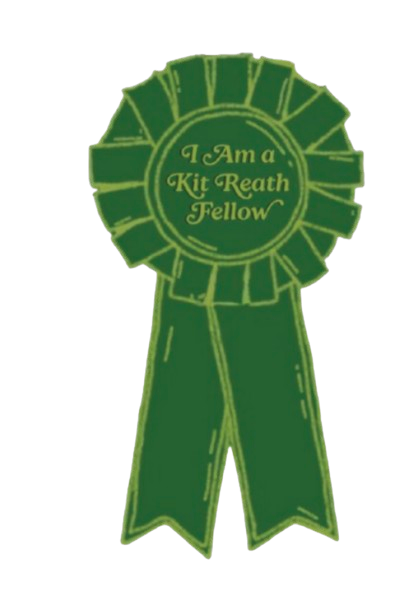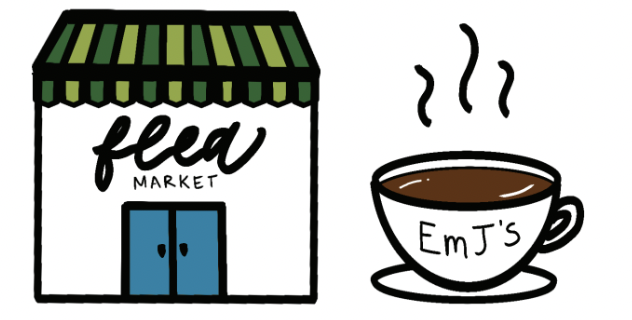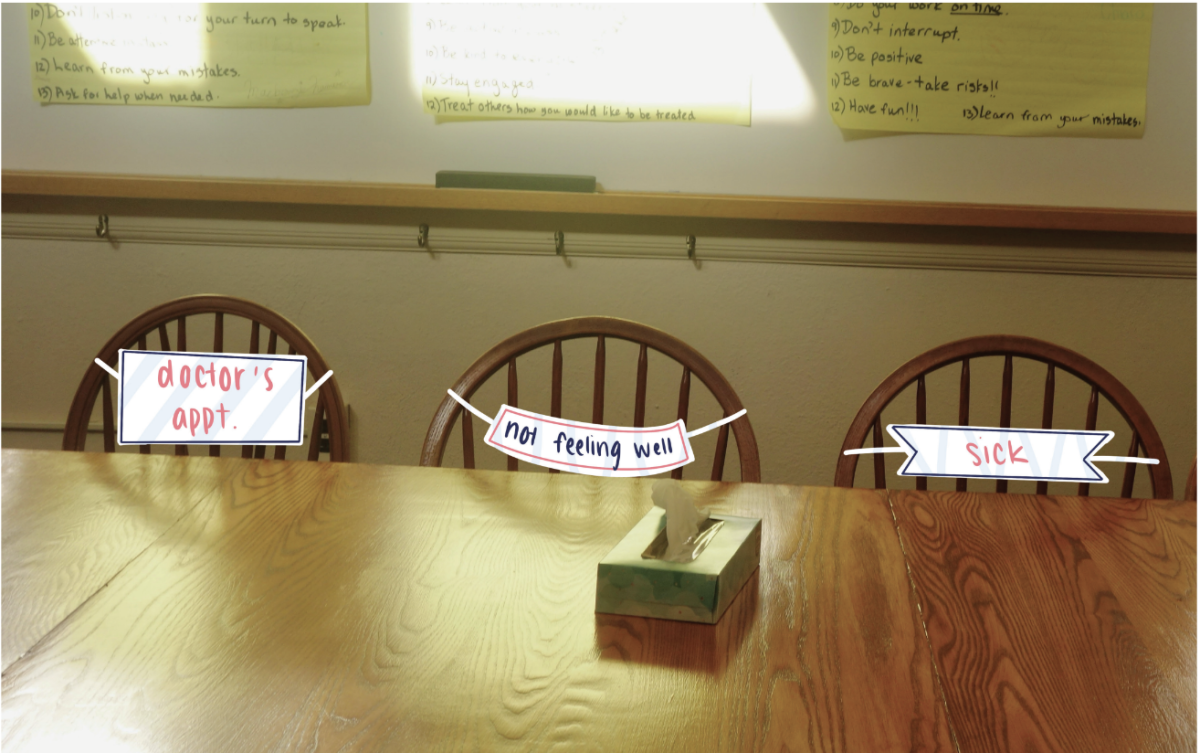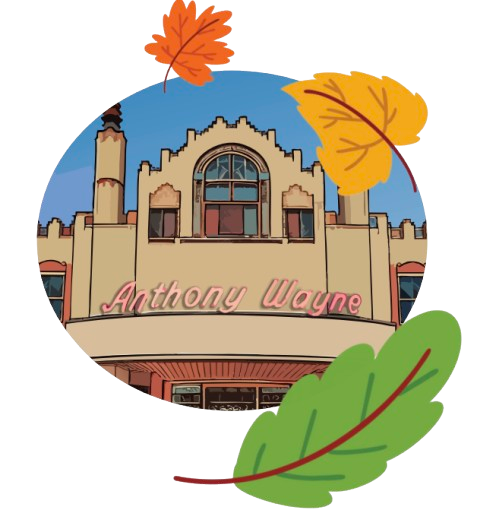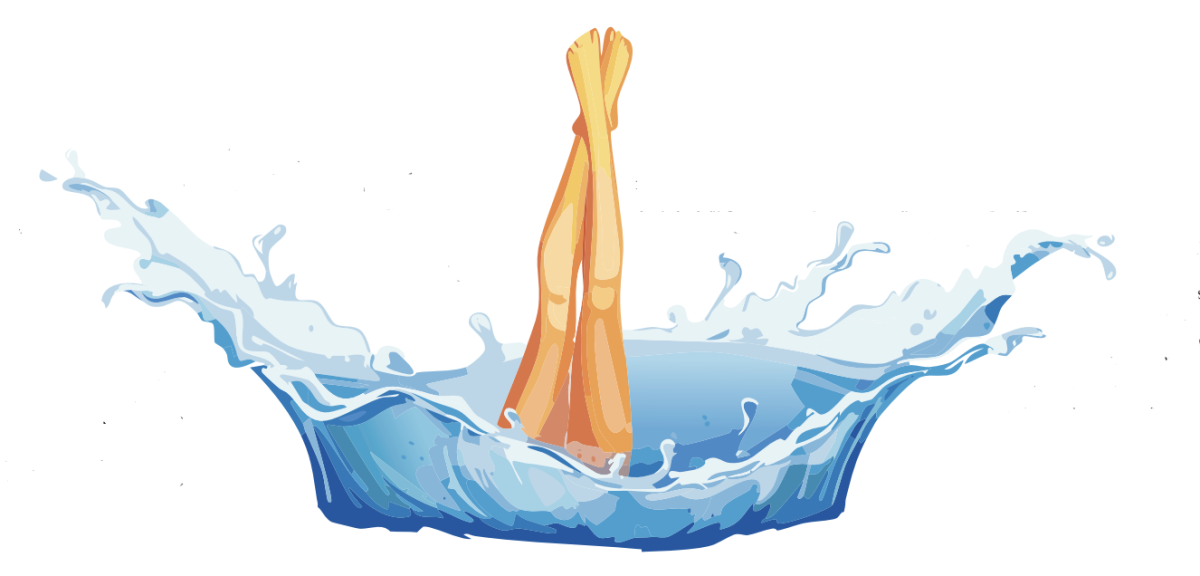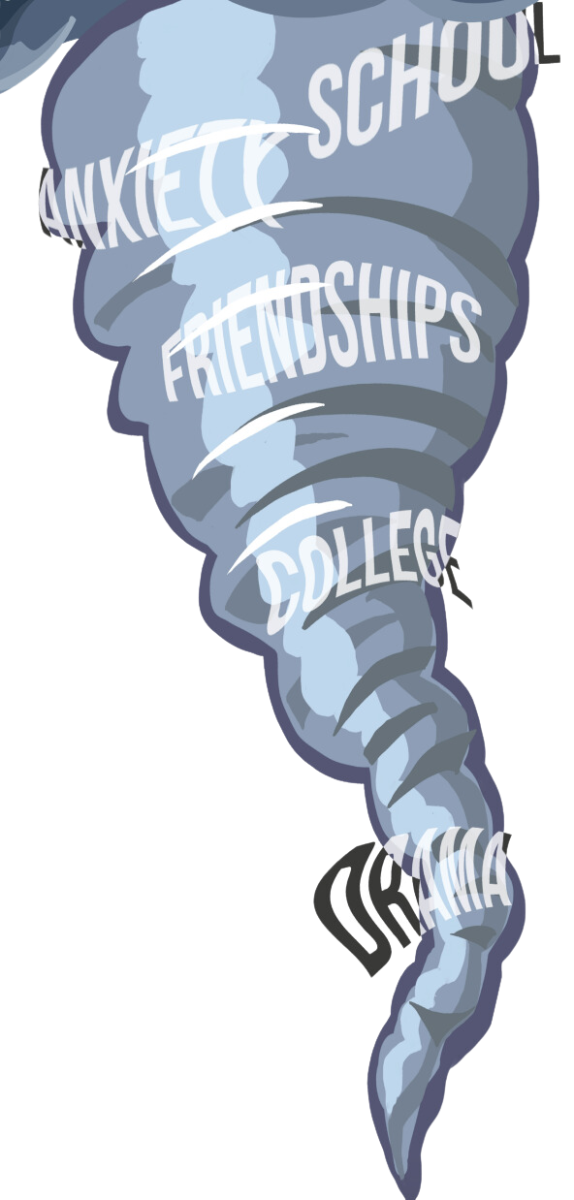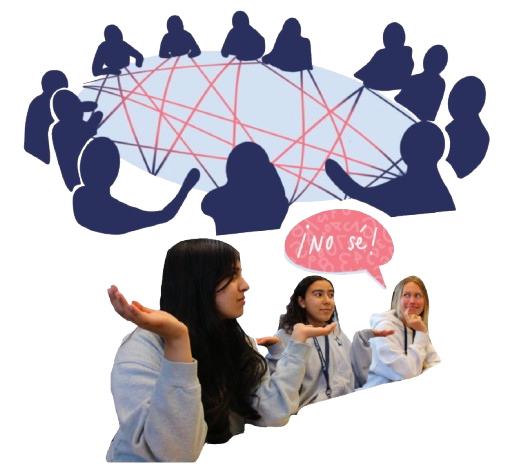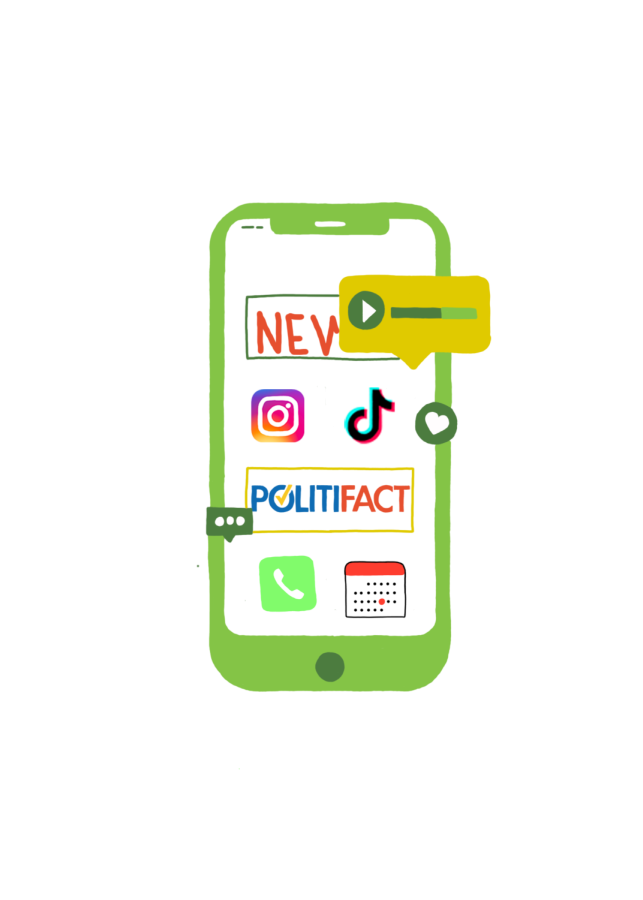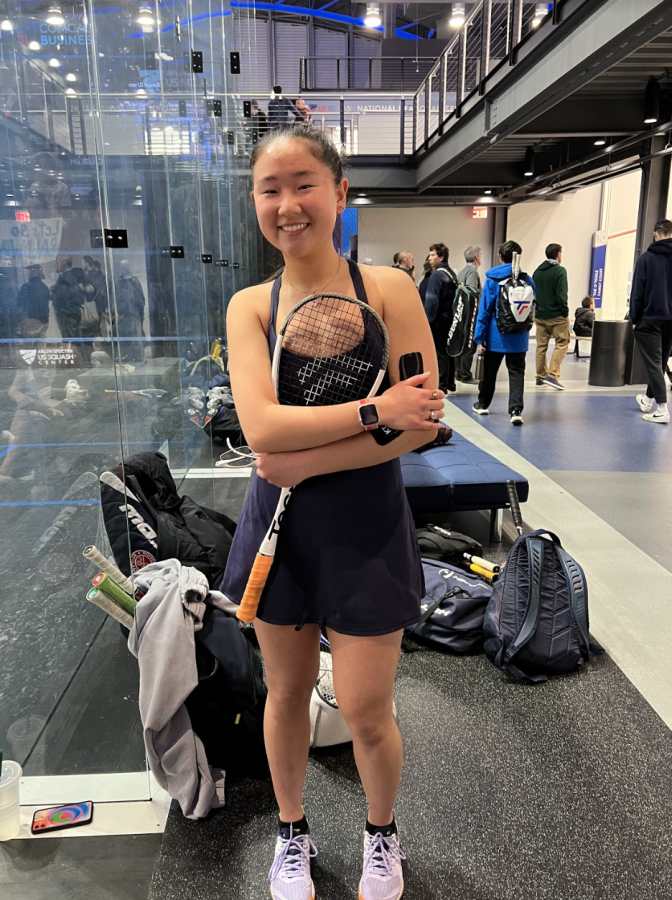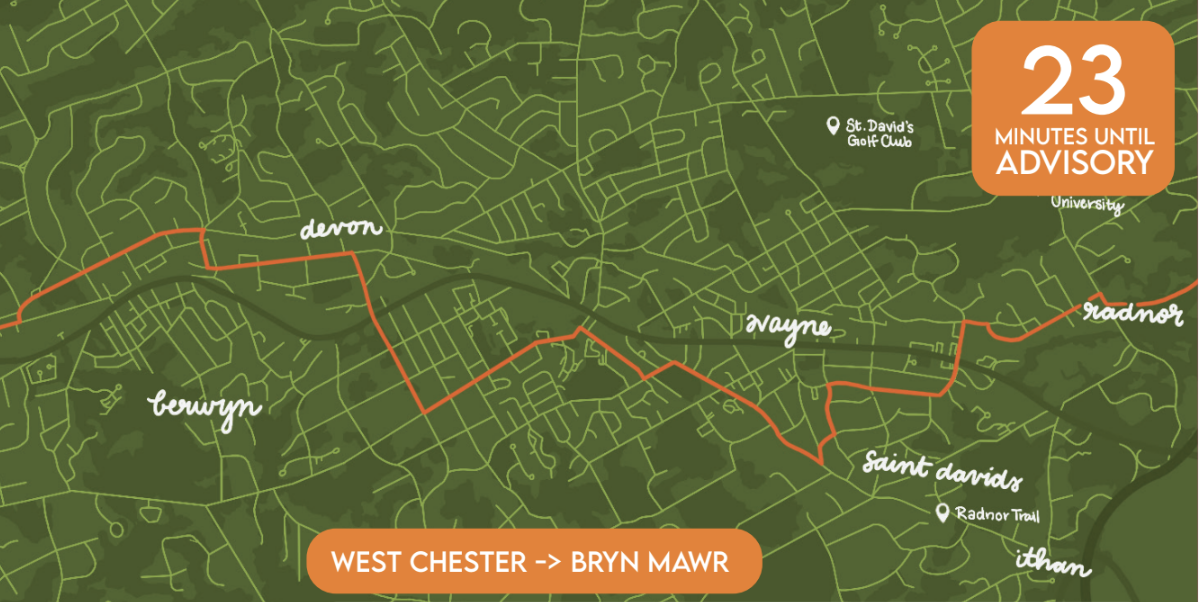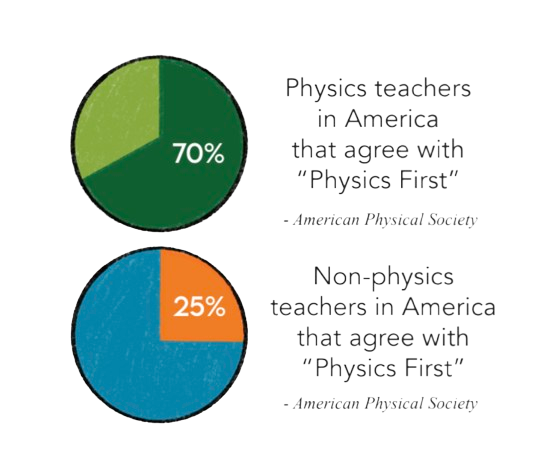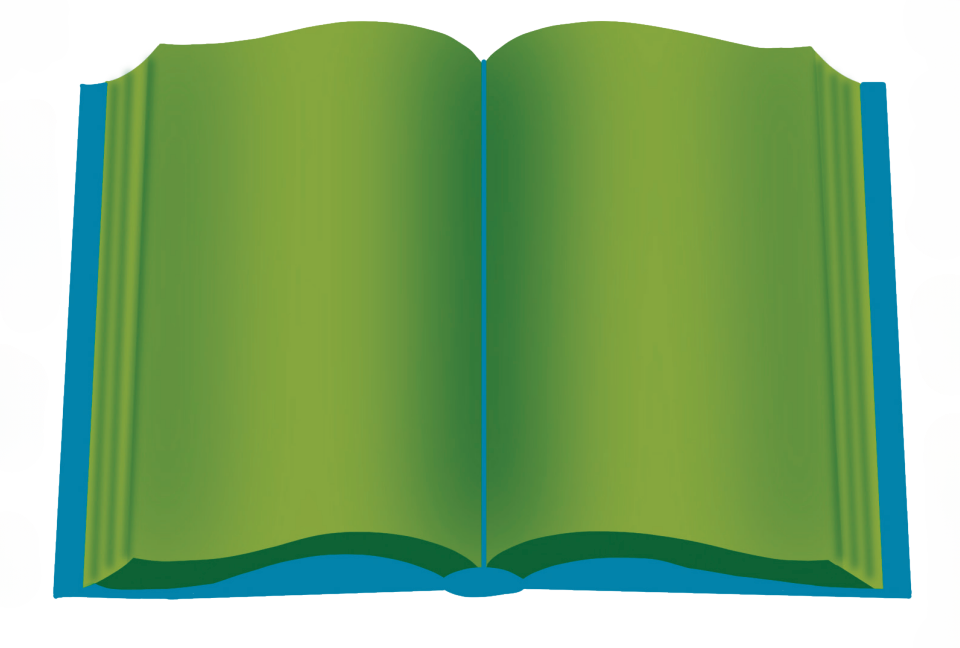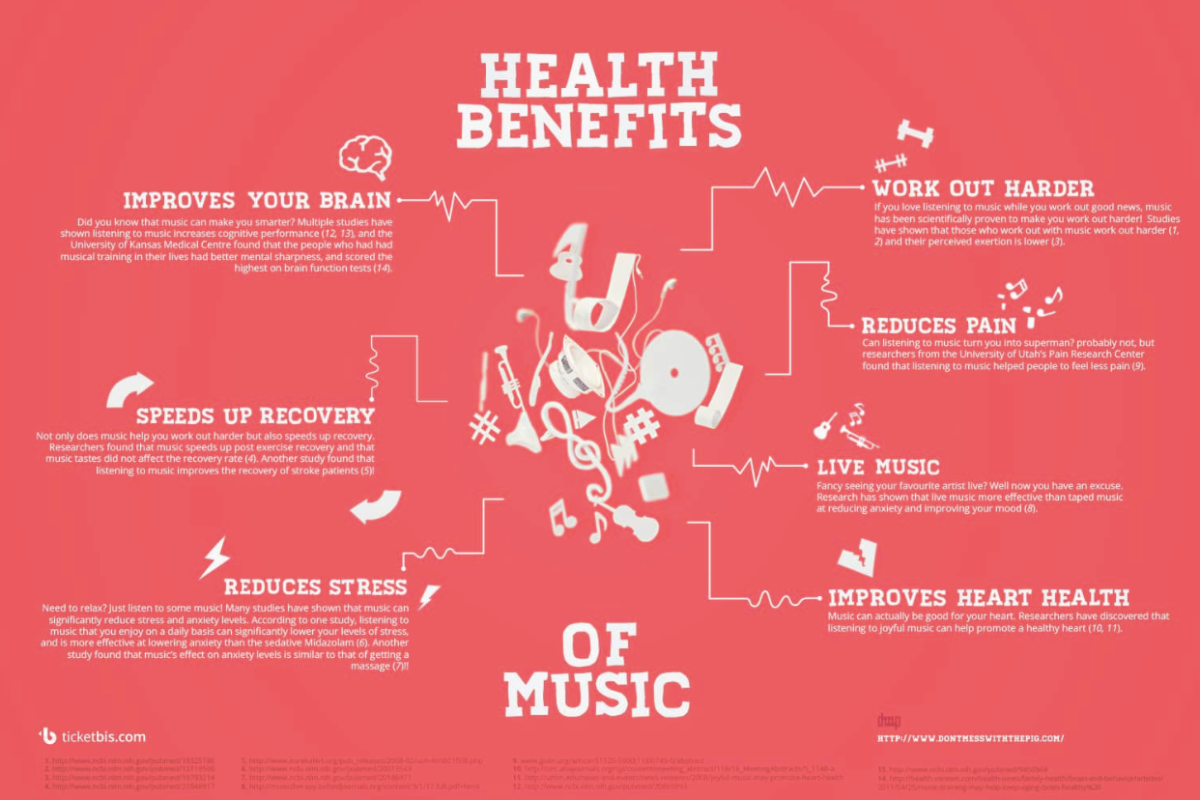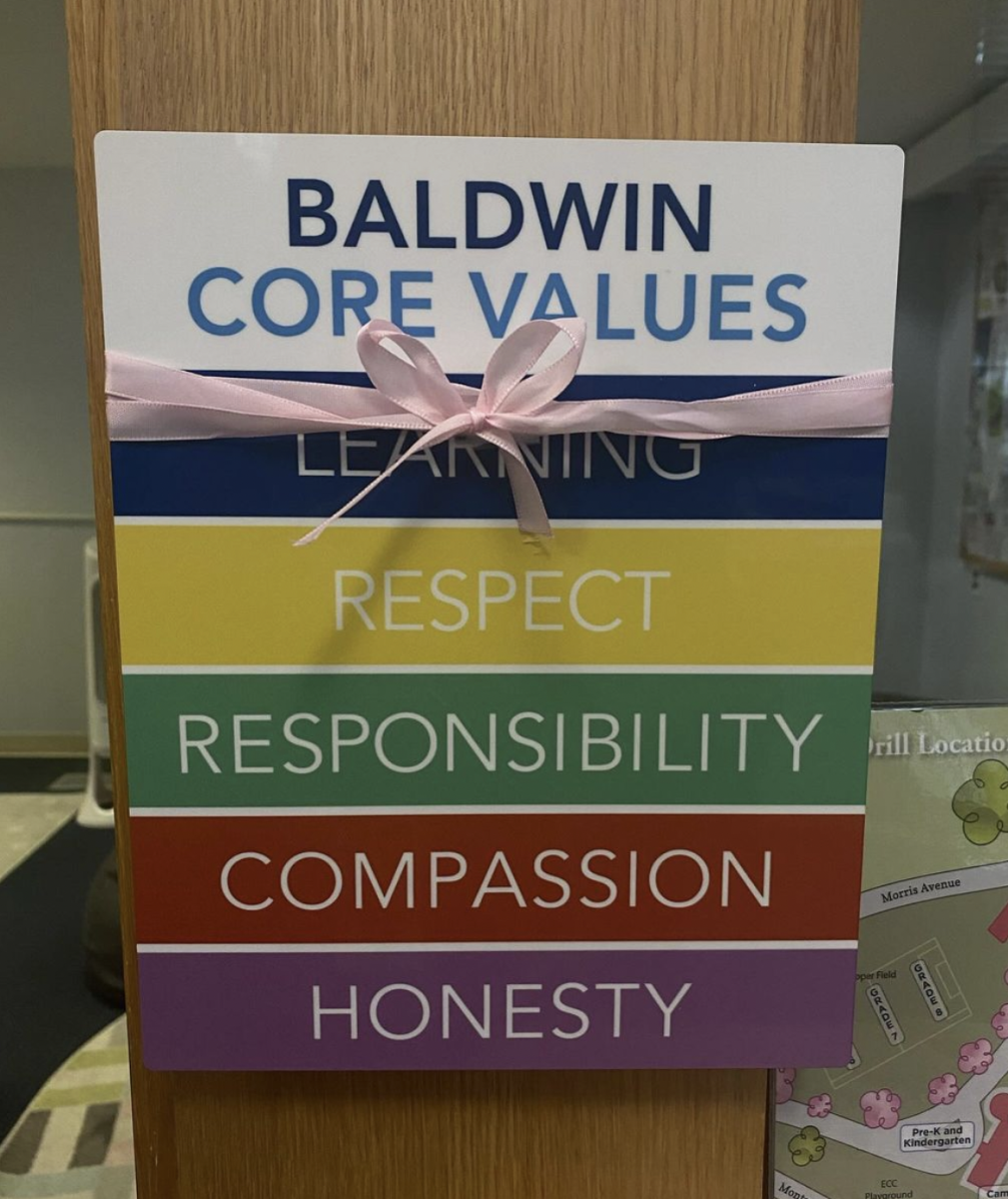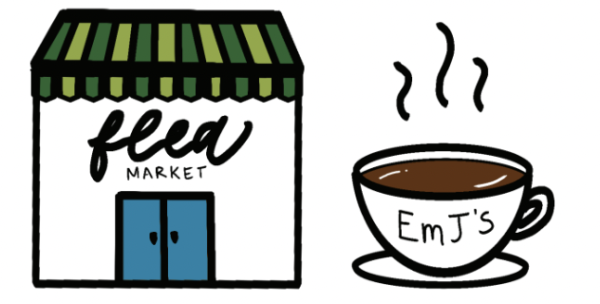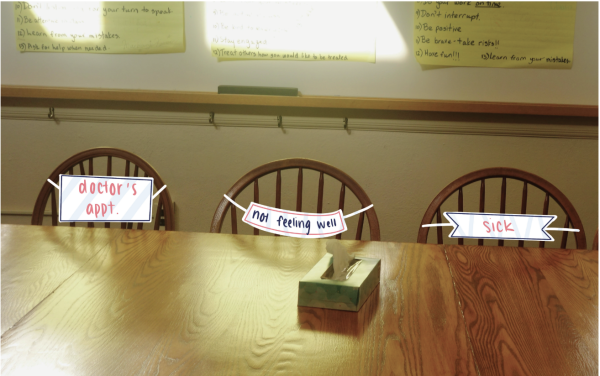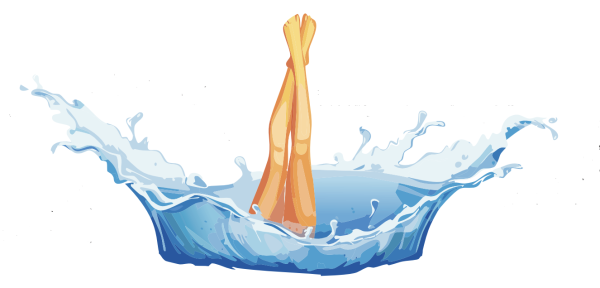A New Perspective on Mainstream Feminism
Hood Feminism by Mikki Kendall
Mikki Kendall’s book Hood Feminism offers a new perspective on mainstream feminism through the intersection of race, class, and gender. It is an insightful book, challenging media misconceptions and flaws of modern-day feminism.
Feminism is the advocacy for equity amongst the sexes. Kendall argues that mainstream feminism, however, is inherently problematic, as it only acknowledges a small percentage of women: those who are white and privileged. It fails to consider that feminism must represent all women and include the impact of gender on unequal access to resources such as food and education.
Throughout her book, Kendall questions the status quo and how feminists can dismantle patriarchal systems in order to create a more equitable society. Kendall not only uplifts the voices of marginalized women, but also shares personal experiences from her own life to connect with her readers more intimately. For example, Kendall shares her own struggles with food insecurity and relying only on insubstantial food stamps. She uses her personal experience to discuss how issues like poverty and food insecurity, despite deeply affecting women, are still overlooked by mainstream feminism.
Her book explores further how systemic poverty and racial oppression are the primary factors in creating inequality amongst women. Kendall argues that feminists should advocate for and support, rather than judge, society’s most vulnerable women: those who are unable to sufficiently provide for themselves.
Kendall writes, “Indeed, we treat poverty itself like a crime, like the women experiencing it are making bad choices for themselves and their children on purpose.”
She argues that if feminists fought to alleviate women from poverty, they would ultimately be advancing the growth of the entire movement.
Kendall also provides a glimpse into how the media is detrimental to racially marginalized women because it circulates stereotypes and biased representations of women of color. She urges women to work together to challenge harmful media narratives.
This book is also a very manageable, 200-page read covering a wide range of topics relevant to the female experience, from food insecurity to gun violence. I would strongly recommend this book if you are passionate about social justice or simply want to further educate yourself.

